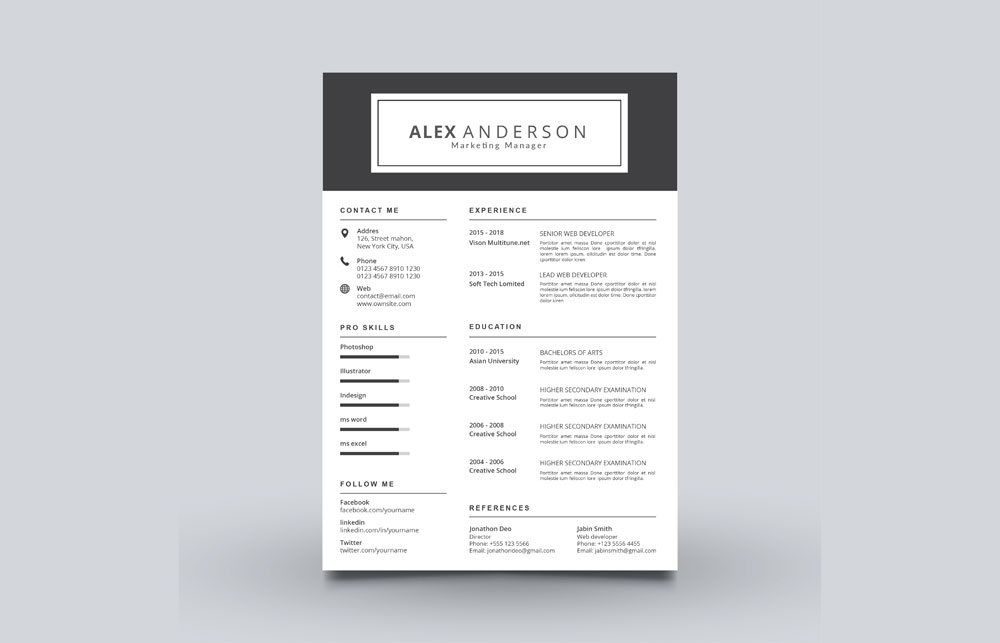Tips to answer “What are your salary expectations?” in an interview.

We are all familiar with how interviews work and how we have to prepare for them. We do research about the company and job description beforehand so as to not botch our chance of finding a job. However, one research most of us fail to do is the salary range of the position you are applying for.
Normally, recruiters will ask you what your salary expectation is on their first call. Then, there are those who prefer to ask this question during or by the end of the interview. And answering this question wrong could cost you the job.
How to answer “what are your salary expectations?” in an interview
But before we get started, it will be good to know why this question is asked by recruiters.
- To know your worth: By asking you about your salary expectations, recruiters want to know if you know your worth and to determine whether your skills and experience are worth the amount you ask for.
- Limited budget: Recruiters too are given budget by the higher authorities. They need to see if their budget meets your salary expectation.
Now, before the interview you have to research everything you can about the position you are interviewing for and check the average salary given in the job market.
Few things you have to know about salary ranges-
- Location: Pays in big cities will definitely be higher than those in smaller cities.
- Experience: The more years of experience you have, the higher the pay.
- Company: Big and well-reputed companies tend to pay more than smaller ones.
Tips:
- Be confident: While some interviewers ask this question because they genuinely want to know your salary expectations, some use this to kill two birds with one stone. Apart from the amount you ask, they want to test your confidence and see whether or not you know your worth. So, it is important that you answer with confidence and not to falter even if they say the amount is too much. You could always negotiate later.
- However, don’t go overboard and ask for too much.
- Go big: As you would have already done the research on the average salary range of the position you are applying for, ask higher. Whatever amount you ask for, the interviewer will most probably offer you a lower amount. So, it’s better to aim high and play safe.
- Give a reason for your expectation: It is fine to tell the interviewer how you have come up with the amount you are asking from. You could tell them that your research suggests that people with the same years of experience you have are getting that much. But, ensure that you don’t sound pretentious.
- Provide a range: Providing a range will make it easier for you and the interviewer to negotiate when both of you meet in the middle. Let’s say your salary expectation is Rs 35,000 PM, provide a range between Rs 34,000 to Rs 37,000
- Divert the question: If you are not ready to provide a number just yet, it is fine to deflect the question by asking the interviewer to tell you more about the role and job description. But, do it politely.
Examples:
- “Before I dive into that I cannot thank you enough for this incredible opportunity. With my experience and skills, I think I would be perfect for this job. That being said, I feel that a monthly salary between Rs 30,000 to Rs. 35,000 PM is fair. However, I am flexible as well.” (When you know your salary expectation/providing range).
- “As I am a fresher in the world of work, I did a little research on the average salary that this position offers. However, since I am not yet familiar with the roles and responsibilities, I am only looking forward to utilizing and polishing my skills. I am positive that you pay your employees well. So, can offer me what you think is appropriate for a fresher for this position.” (For freshers).
- “I apologies as I am not able to give you an answer right away for there is still so much I need to know about this job like the working hours, what projects to expect and how long to execute them, if there will be any travel opportunities, or about promotions, and such. I am sure that once I have all the answers I need, I would be able to come up with a number which would be fair for both of us. Will it be alright to take more time?”(Deflecting the question).
- “I’ve always wanted to be a part of your fine organization. I see that there is a lot of potential for me to put my skills to use and learn more in return. As I have many years of experience in this field, I am confident that I am the perfect candidate for this position. I am comfortable with whatever you may offer as long as it meets the average salary offered in the job market.” (When you really want the job).
- “To be sincerely candid, I am here for the job. Writing (or your skill) is my passion. To be able to turn my passion into a career is more than enough for me. I believe in doing what I love. That is why I am here today. My job comes first, ten comes the money. I know that I will do a good job and do it with all my heart. So, I am fine with whatever amount has been set aside for this position.” (When you don’t have much experience and really want the job).
Well, we hope your next salary negotiation is easier with the help of the tips and examples given above.
We will leave you here with our best wishes.
Good luck!
Search Articles
Categories
- 54
- 19
- 6
- 161












